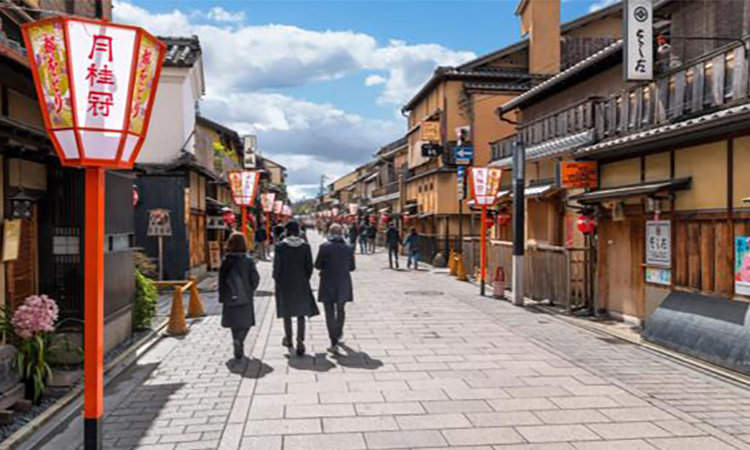
The students sat neatly, their school bags on the table, eager to go home after a long day of 7 lessons, each lasting 50 minutes. The students still listened patiently when the teacher told them to schedule tomorrow. Next, as usual, the teacher “closed down” with the sentence: “Everyone, please go to the cleaning location today. The first and second rows clean the classroom. Lines three and four clear the corridors and stairs. The five rows will clean the toilets. ”
A few groans came from the fifth row of desks, but the students still stood up, took rags, cloths, buckets and brooms from the cupboard at the back of the classroom, rushed to the toilet. The same scene took place in schools across Japan at the end of each lesson.
The Japanese keep the living environment clean in such a way. “During 12 years of schooling, from elementary school to high school, cleaning is an integral part,” said Maiko Awane, assistant director of the Hiroshima prefectural office in Tokyo. “In family life, too, our parents taught us that it would be bad if we didn’t keep everything and the space clean.”
“In Japan we are very sensitive about the image in the eyes of others. We don’t want others to think we are uneducated, uneducated to clean things up, ”Awane said.
Sanitation awareness training is integrated into the school curriculum, helping students develop awareness and pride in their surroundings. Nobody wants to smear the school they have to clean up by themselves.
“Sometimes I don’t want to clean the school,” recalls translator Chika Hayashi. “But I accept because that is part of our routine. I think it is a good idea to clean the school, because we understand the importance of being responsible for cleaning up the things we use. ”
When students arrive at school, keep shoes in a locked cupboard and change their shoes. At home, too, everyone puts shoes at the entrance. Even home workers have to remove their shoes. As a child grows up, a student’s concept of what makes up the space around them goes beyond a classroom, including a neighborhood, city, and country.
Some other examples of the cleanliness of Japanese people spread around the world, such as the image of Japanese soccer fans scavenging at the stadium after the match at the 2014 World Cup in Brazil or in Russia in 2018. The Japanese players also left the dressing room without leaving any trash. Priscilla Janssens, a FIFA official, calls this a “mirror” for all other teams.
Similar scenes take place at Japanese music festivals. At Fuji Rock, one of the biggest and oldest festivals in Japan, fans will hold trash until they find the trash. According to the festival’s website, smokers are instructed to bring ashtrays and avoid smoking in places that may affect others.
Around 8 am every day, office workers and store employees have a habit of cleaning the streets around where they work. Children also participate in monthly cleaning activities, such as picking up rubbish on the street near the school. Neighborhoods also organize regular cleaning events, so that there is not much trash to pick up, because people often take the garbage home.
Even banknotes drawn from ATMs are crisp and clean “like a new shirt.” In shops, hotels and even taxis, the Japanese have a tray to store money, because of dirty money. Others will take money from the tray.
British sailor William Adams first arrived in Japan around the 1600s and was recognized as a Samurai warrior. In Adams’s biography, English writer Giles Milton described “Nobility means careful cleanliness,” including sewers and toilets, as well as saunas. At that time, the English streets were full of mud, even feces. The Japanese feel “appalled” because of that and consider it a disregard for personal hygiene.
The Japanese cleanliness arises from practical concerns. In hot and humid environments in this country, the food will quickly become rancid, the bacteria thrive, many insects. Therefore, good hygiene is essential for good health.